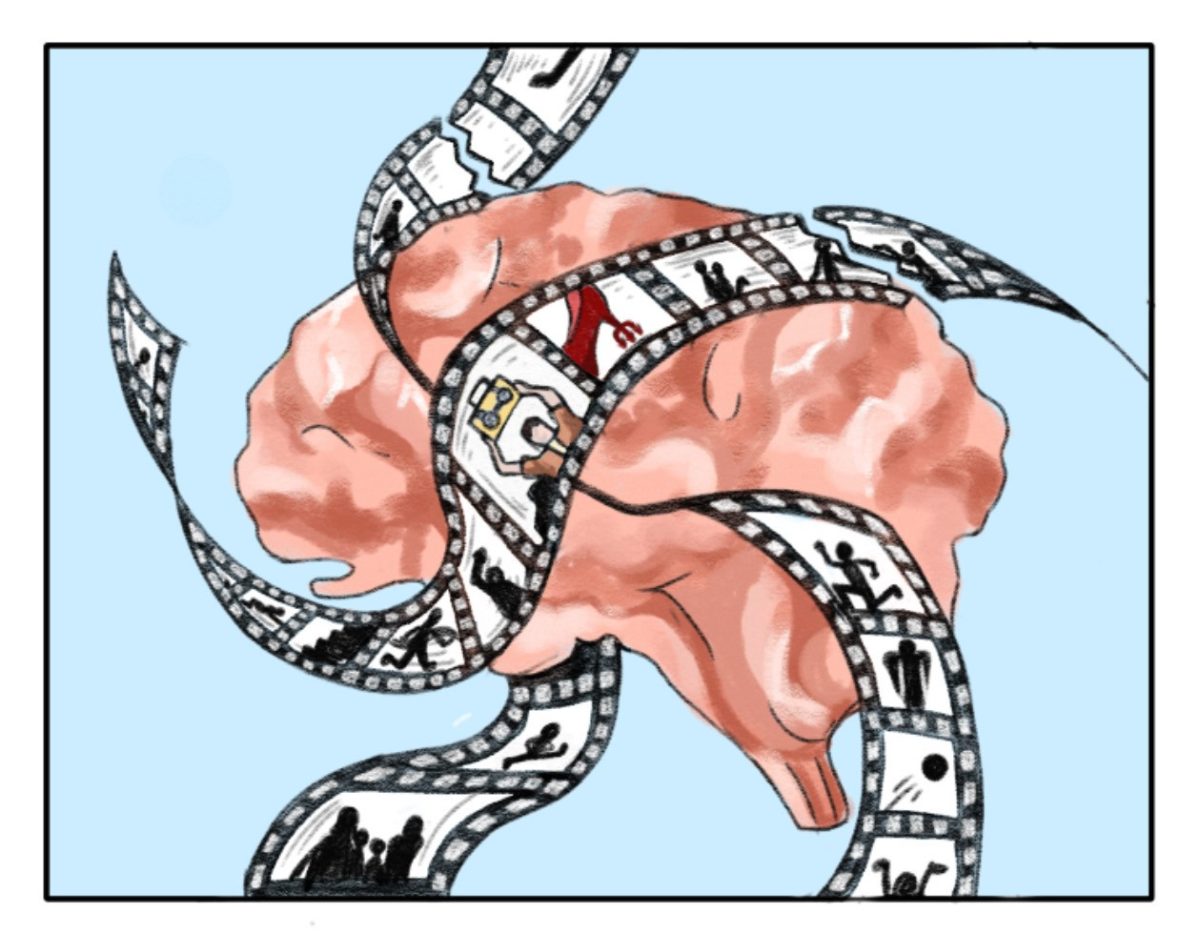Envision the following scenario. You’re sitting in your seventh period class, and the teacher is explaining a concept. You’re following along fairly well, taking notes and making occasional eye contact with the teacher. Then she asks a question. And she calls on you. While you don’t feel confident, you offer an answer. Your teacher responds, “I’m just going to pretend I didn’t hear you say that.” The entire class erupts into laughter. You chuckle a little, trying to pretend that you’re in on the joke. But you’re actually embarrassed beyond words.
Unfortunately, this scenario is familiar to more than a few South students. Most members of The Southerner staff have been in a class where something like the above has occurred. While the teacher is trying lighten the atmosphere by making a joke, the student suffers. The practice of loosely using words is one that everybody should be mindful of as we can all admit to times when we have said or laughed at something hurtful. Even when we have good intentions, we all need to pause before we speak and consider the potential effects our words might have.
When students are hurt by their teacher’s words—regardless of the teacher’s intentions—the consequences can extend beyond temporary feelings of discomfort and inadequacy. While the teacher might make sarcastic remarks or demeaning jokes as a way of bonding with students, this can actually cause greater harm to their relationship. For one, such jokes make students less comfortable participating in class; this applies to more than just the student at whom the remark has been directed. Sarcastic and negative comments create a sarcastic and negative environment, one in which students are anxious, doubtful, and intimidated.
While the emotional effects are significant on their own, there can also be academic effects. According to Bridget Hamre and Robert Pianta, scholars who research teacher-student relationships, “Students who have positive relationships with their teachers use them as a secure base from which they can explore the classroom and school setting both academically and socially, to take on academic challenges and work on social emotional development.” In classroom environments in which students fear ridicule or criticism, such relationships stand little chance of forming.
Another negative effect of critical comments is that students feel more comfortable being critical of each other. Students really admire their teachers. Sometimes without even realizing it, students begin repeating their teachers’ phrases and replicating their attitudes. A student who is mocked by a teacher for asking a “dumb” question in class will later be ridiculed by peers for asking a question in another class. A student who has laughed at a teacher’s joke and felt good about it might want to extend this feeling by cracking similar jokes later. Rather than create a lighthearted environment through levity, demeaning jokes can lead to a culture of criticism and contempt.
A common response to a student feeling upset by someone’s words is, “I was just joking.” And though this might be true, this statement more often leaves people feeling as though their emotions are insignificant, further encouraging them to keep their personal feelings to themselves. A more helpful response would be, “I’m sorry that I hurt you. This was not my intention.” It is important that teachers take responsibility for their words just as one would take responsibility for their actions. “I was just joking” should not be used as excuse for saying something offensive or inappropriate to a student.
Some teachers might also say, “if someone is upset, they should tell me.” But the power difference between teachers and students makes this really problematic. While in most life situations teenagers have the ability to stand up for themselves when faced with upsetting language, school is different. The power scale between students and teachers is heavily tilted, giving students little ability to speak up for their emotional well-being. Teachers may sometimes forget that they are our mentors, not our peers. We as high school students look up to them, admire them, take their words to heart, and never want to offend them.
While school is a place of academia, it is also a place of emotional and social growth. Therefore, it is imperative that students’ emotional needs are addressed in order for them to succeed academically. The saying we learn in childhood may be, “Sticks and stones may break my bones, but words can never hurt me,” but the truth is that words are the most powerful tools we can wield. We must use them responsibly.













